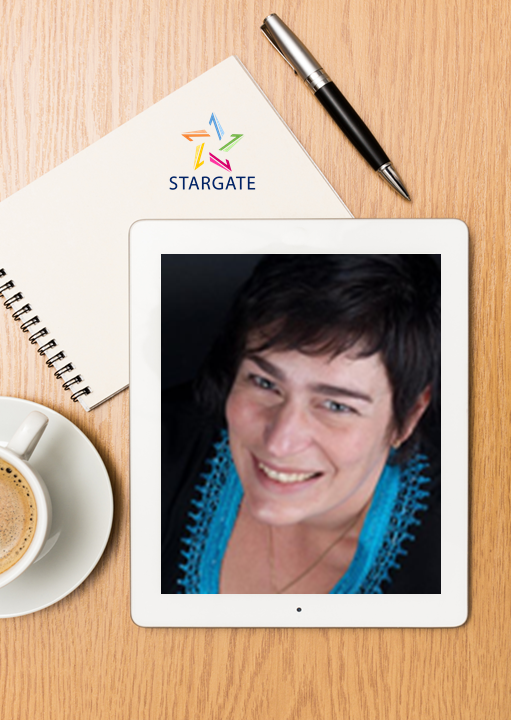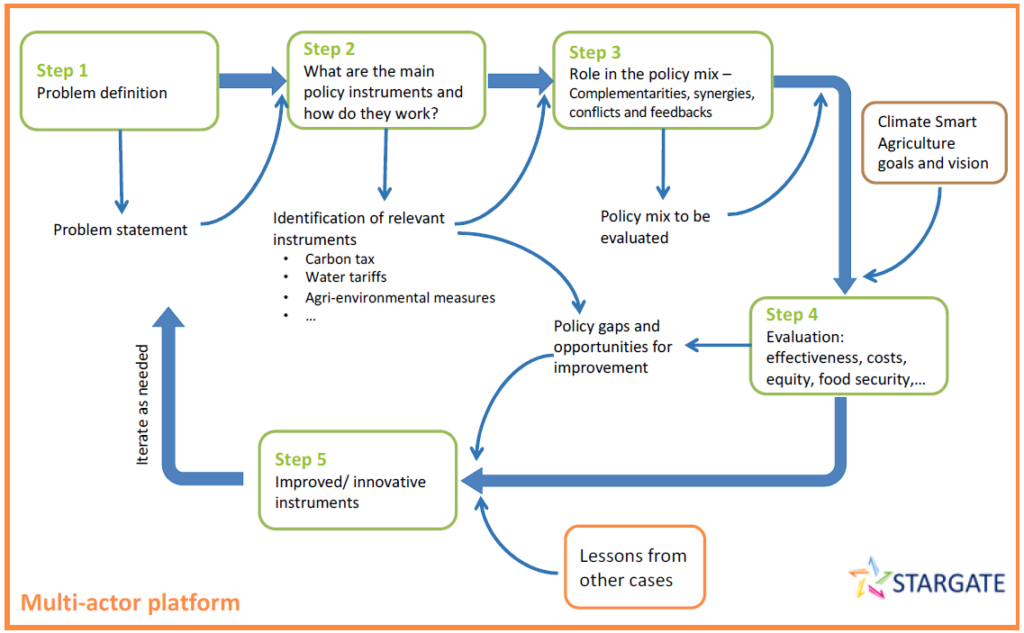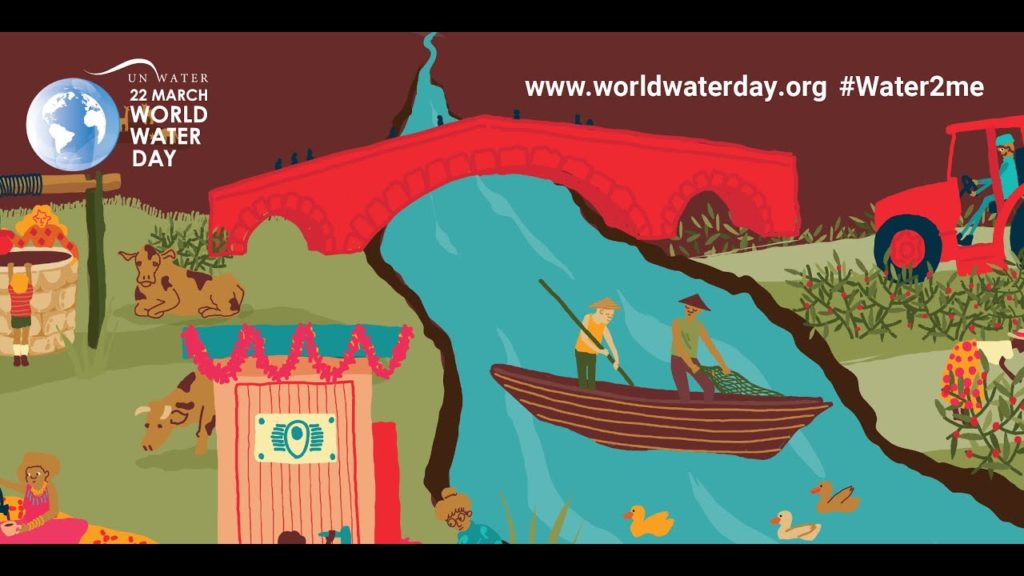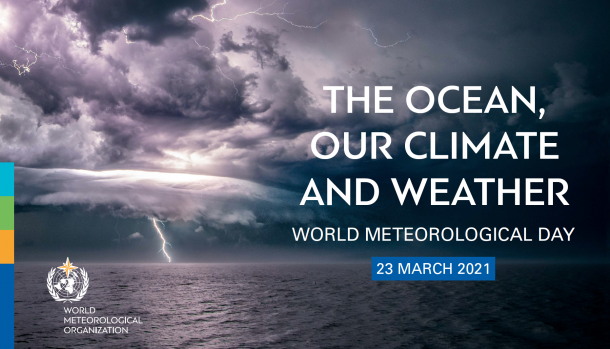- Editorial
- Copernicus on Evapotranspiration
- Advisory Board
- STARGATE reports
- What’s new with STARGATE
- Conferences & Events
- News to read
- Stay updated
Editorial
Spring has arrived at last, and it is time for our third STARGATE project newsletter.
In this STARGATE newsletter we uncover Coperinicus’ new focus on evapotranspiration. We introduce you to the members of our Advisory Board and present the STARGATE’s “Framework for socioeconomic and policy analysis”. Check out the latest project news and don’t miss out on upcoming conferences and events. "News to read" include a selection of innovative weather monitoring applications.
Stay updated on STARGATE news and findings by following us on...
Copernicus focuses
on evapotranspiration
 According to the UN's World Water Report (March 2020) global water use is six times higher than 100 years ago, whilst it continues to increase at an annual rate of about 1%. This is due to a number of factors including the impacts of climate change, the population growth, economic development and increasing consumption. Water demand is expected to increase further and impact available resources not only in areas that already lack water, but also in places where do not currently face water shortages.
According to the UN's World Water Report (March 2020) global water use is six times higher than 100 years ago, whilst it continues to increase at an annual rate of about 1%. This is due to a number of factors including the impacts of climate change, the population growth, economic development and increasing consumption. Water demand is expected to increase further and impact available resources not only in areas that already lack water, but also in places where do not currently face water shortages.
Evapotranspiration and surface soil moisture rates are important parameters in understanding the natural processes driving the global hydrological cycle. The spatial-temporal variations of those two parameters are of key significance. Easy access to their reliable estimations is needed for efficient and sustainable natural resource management.
The global hydrological cycle is dependent on spatial-temporal variations of evapotranspiration and surface soil moisture rates. Efficient and sustainable natural resource management is based on the availability of reliable estimations of these two parameters. The global component of the Copernicus Land Monitoring Service offers a range of global products that can be used to estimate evapotranspiration. Land cover maps provide information on various types of physical coverage of the Earth’s surface. A number of other products may be used for the estimation of the vegetation type and condition including Normalized Difference Vegetation Index (NDVI), Leaf Area Index (LAI), or Fraction of Absorbed Photosynthetically Active Radiation (FAPAR). These products also give information on Land Surface Temperature, derived from Top-of-Atmosphere brightness temperatures data along with albedo, vegetation cover and soil moisture.
In addition, Copernicus Climate Change Service (C3S) monitors evapotranspiration. The AgERA5 9sa version of ERA5 includes a set of indicators focused on agricultural water resource indicators. These indicators monitor soil moisture and water availability, as well as evapotranspiration produced for four types of crops (i.e. wheat, maize, soybean and rice).
Evapotranspiration and Land Surface Temperature (LST) effective monitoring is expected to improve soon. The new Copernicus Land Surface Temperature Monitoring mission will include high spatial-temporal resolution Thermal Infrared (TIR) observations to current Sentinel observation capabilities in the interest of effective agricultural management. The mission’s aim is to complement the existing LST estimations that are being provided globally by Sentinel-3. Nonetheless, the 1 km spatial scale that can currently be monitored, is not adequate to capture the necessary field-scale variability that could result in irrigation, crop growth modelling and crop water productivity reporting. The principal objective of the mission that is currently at a preparatory stage, is to achieve LST variability monitoring on the field scale across Europe and consequently estimate field evapotranspiration rates.
SOURCE: www.copernicus.eu
Advisory Board
STARGATE project proudly presents the two dynamic women that have so far joined its advisory board. Their high expertise and scientific background will guide us through the project and support us in facing challenges and addressing opportunities arising for resilient farming systems.
Dr. Lee Kheng Heng
Lee Kheng Heng is working as the Section Head of Soil and Water Management & Crop Nutrition Subprogramme of the Joint FAO/IAEA Division of Nuclear Techniques in Food and Agriculture, International Atomic Energy Agency (IAEA) in Vienna, Austria. Her area of expertise includes soil water measurement and management, sustainable management of natural resources, simulation modelling, integrated water-nutrient and diffuse pollution control for sustainable agricultural production systems at both national and international levels. Her work supports IAEA Member States to develop, validate and disseminate climate-smart soil, water and crop management technology packages through the use of nuclear and related techniques for the efficient use and conservation of agricultural resources for enhancing food production and environmental sustainability. She published extensively in international refereed journals and book, and has won several awards for her professional achievements including the IAEA Superior Achievement Award (2018), IAEA Best Technical Cooperation Award (2018), IAEA Merit Awards (2002, 2014), IAEA Merit Promotion (2004) and the USDA-Agricultural Research Service (ARS) Outstanding Sustained Effort Technology Transfer Award for Outstanding Work in Technology Transfer to Users (2012).
Dr. Saskia Visser is program manager of the knowledge development program: Circular and Climate Neutral Society (Wageningen-UR). Saskia builds partnerships that jointly seek for circular and climate neutral solutions that contribute to the realization of the SGDs. She makes use of the theory of transition management to support development, scaling and implementation of circular and climate neutral solutions. Within the organization Saskia works on topics like Circular agriculture, Sustainable Food Production, Climate Smart Land Management and Land Use optimization. In her research Saskia integrates physical process-based research with social learning and participatory policy development. Saskia been the WUR representative of the strategic steering committee of EIT-Climate Kic. Saskia is currently co-coordinator of the European Joint Program on Agricultural Soils under climate Change.
Presenting the STARGATE “Framework
for socioeconomic and policy analysis”
The aim of STARGATE is to develop a decision‐making model to support farmers and governments in promoting Climate-Smart Agriculture (CSA), using climatic as well as land data and models so as to establish a collaborative setting and a policy enabling environment.
To this end STARGATE partner 2eco has produced in the frames of WP2 the “Framework for socioeconomic and policy analysis”. It presents a novel framework, including a set of procedures and indicators, for assessing the performance of policy instruments to promote CSA. The assessment framework has adopted an integrated assessment approach, where the different instruments are analysed as part of a policy mix and not on an individual basis. This is an innovative approach to policy analysis for sustainable crop production that has been build upon the experience of previous EU projects and adapted to the analysis of CSA options.
Policy instruments are implemented in a specific context that includes the legislative and institutional environment that surrounds them, being part of a wider ‘policy mix’. In STARGATE, we consider that a policy mix is a combination of policy instruments which has an influence on the resource efficiency and sustainability of crop production systems under climate change.
The framework includes specific guidelines on how to analyse the role of individual instruments and the interactions among them, focusing particularly on synergies, conflicts, and feedbacks among instruments. Besides the analysis of the interaction among instruments, the framework integrates specific criteria to assess the performance of policies considering all dimensions of sustainability: environment, economy, society, and governance. In addition, other important concerns are also taken into account including technical feasibility, predictability, adaptiveness, social acceptability, and adjustment to local conditions.
This framework also includes a social multicriteria analysis (sMCA) module to support the evaluation of policy instruments, relying on the definition of criteria (indicators), their relevance for decision (weights) and formulation of appropriate decision rules. The sMCA and socioeconomic analysis (SEA) methodology will also be adapted to CSA on the ground and the Living Labs (LL) process, to elicit conditions for adoption of the STARGATE tools.
The policy analysis framework includes 5 procedural steps operating in a sequential and iterative mode: the outcomes of each step are used in the following steps, sometimes in combination with external elements.
Based on the proposed framework an assessment of policy options to promote CSA in pilots is being carried out and its outcomes will be announced in the coming months.
What’s new with STARGATE
![]() STARGATE joins the Global Alliance
STARGATE joins the Global Alliance
for Climate Smart Agriculture
In January STARGATE received the great honor of being awarded membership on the Global Alliance for Climate Smart Agriculture. GACSA is an inclusive, voluntary and action-oriented multi-stakeholder platform on Climate-Smart Agriculture (CSA). Its vision is to improve food security, nutrition and resilience in the face of climate change. GACSA aims to catalyze and help create transformational partnerships which encourage actions that reflect an integrated approach to the three pillars of CSA [link].
![]() STARGATE featured
STARGATE featured
in an EIP-AGRI brochure
The European Innovation Partnership for Agricultural Productivity and Sustainability (EIP-AGRI) published a brochure in February, to promote innovation in the agricultural and forestry sectors and to better connect research and practice. This publication follows up on the work of numerous EIP-AGRI Focus Groups and workshops on themes related to climate-smart agriculture. STARGATE Horizon 2020 Project is presented as an inspirational story on resilient and climate-smart farming systems [link].
![]() STARGATE’s
STARGATE’s
new publication
The international journal of the European Meteorological Society (EMS) for contributions in applied meteorology “Advances in Science and Research (ASR)” has just published an Article on “Climate risk services for cereal farming” presenting results produced by VITO in the frames of the STARGATE project [link].
![]() STARGATE
STARGATE
2nd Poll
The 2nd STARGATE poll looked into the degree of farmer preparedness to adapt to climate change, as well the climate-change related impacts most expected to affect farms. The poll is now closed, and results indicate that farmers are only slightly prepared to adapt to climate change. At the same time heat stress is the main impact of climate change expected to affect farms [link].
![]() STARGATE
STARGATE
downloads section enriched
The Downloads section in the STARGATE website has been updated with all public deliverables prepared to this date. If you are interested in getting deep into the project, click on the link and get access to the project's results and findings [link].
Conferences & Events

![]() 5th International VDI Conference - Smart Farming
5th International VDI Conference - Smart Farming![]() May 19-20, 2021
May 19-20, 2021
![]() Online
Online![]() Info
Info
The 5th International VDI Conference on “Smart Farming” will take place as an Online Event from the 19th to the 20th of May 2021. Supported by national and international experts, the conference will bring together over 100 leaders in cutting edge agri-industry solutions. It will explore the many ways in which Smart Farming can have strategic benefits for businesses and present recent trends and developments with leading international experts in the field. During the “Smart Farming” conference, parallel conferences will run on “Connected Off-Highway Machines” and “Electrified Off-Highway Machines”.

![]() ICCSA 2021: 15. International Conference on Climate-Smart Agriculture
ICCSA 2021: 15. International Conference on Climate-Smart Agriculture![]() May 20-21, 2021
May 20-21, 2021
![]() Berlin, Germany - Online
Berlin, Germany - Online![]() Info
Info
The ICCSA 2021 International Conference on Climate-Smart Agriculture aims at bringing together leading academic scientists, researchers and academics to exchange and share their experiences and research results in all aspects of Climate-Smart Agriculture. It also provides a premier interdisciplinary platform for researchers, practitioners and educators to present and discuss the most recent innovations, trends, and concerns as well as practical challenges encountered and solutions adopted in the fields of Climate-Smart Agriculture.
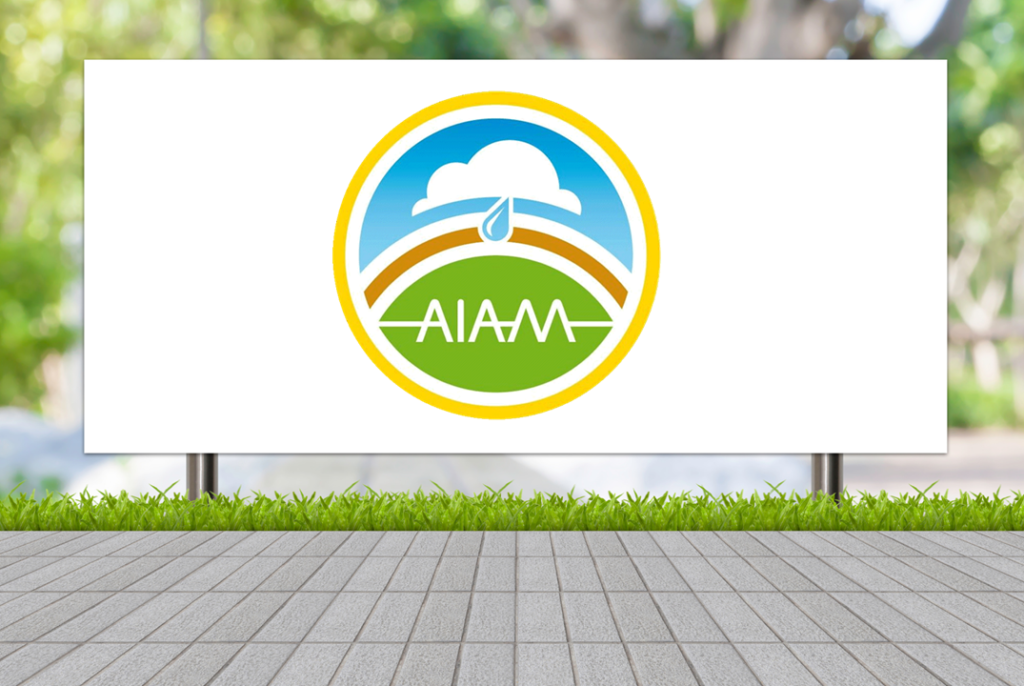
![]() AIAM Conference 2021
AIAM Conference 2021![]() June 30 - 2 July 2021
June 30 - 2 July 2021
![]() Online
Online![]() Info
Info
Every year the Italian Association of Agro-Meteorology organizes a conference in which the most up-to-date agro-meteorological research issues and applications are discussed. This year’s XXIII edition of the AIAM conference will be held online and focus on Precision agriculture and management of natural resources, Agro-meteorologic modelling and plant health, as well as Systems and instruments for collecting and communicating information.
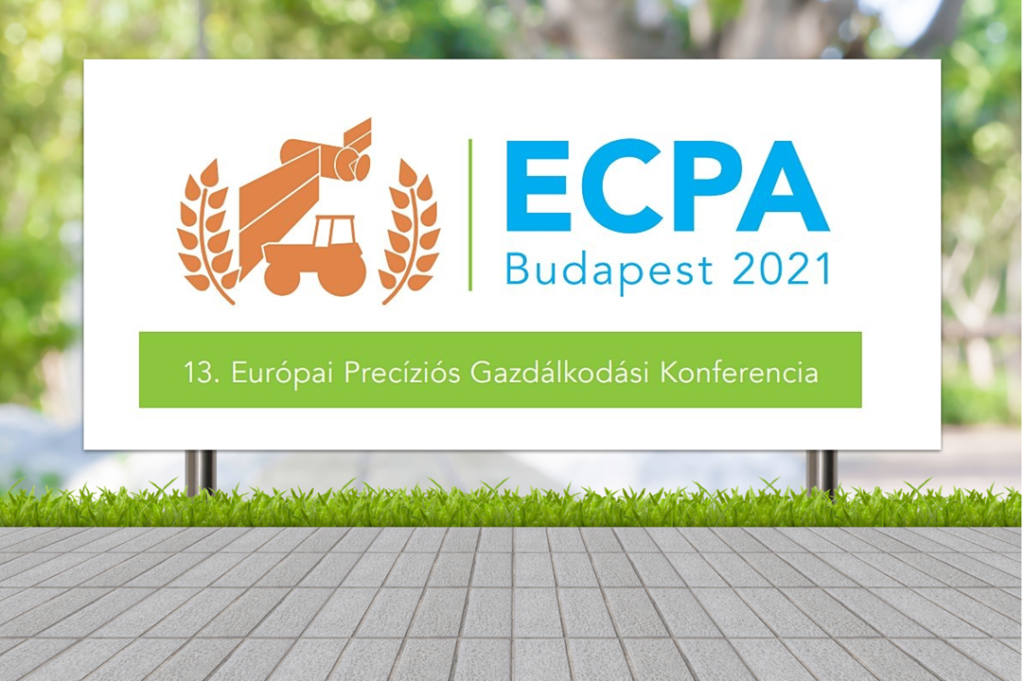
![]() 13th European Conference on Precision Agriculture
13th European Conference on Precision Agriculture![]() July 19-22, 2021
July 19-22, 2021
![]() University of Public Service, Budapest
University of Public Service, Budapest![]() Info
Info
The conference will be organised at the University of Public Service, Educational Centre in Budapest. It will tackle a variety of topics on Precision Agriculture including Precision Crop Protection, Proximal and Remote Sensing of Soil and Crop, Satellite-based applications, Geostatistics, mapping and spatial data analysis and much more. At the ECPA2021 conference a technical tour will also be organized where participants will gain insights into precision agriculture technology solutions adopted and applied on the field through the example of a large Hungarian farming company, KEVE Zrt.
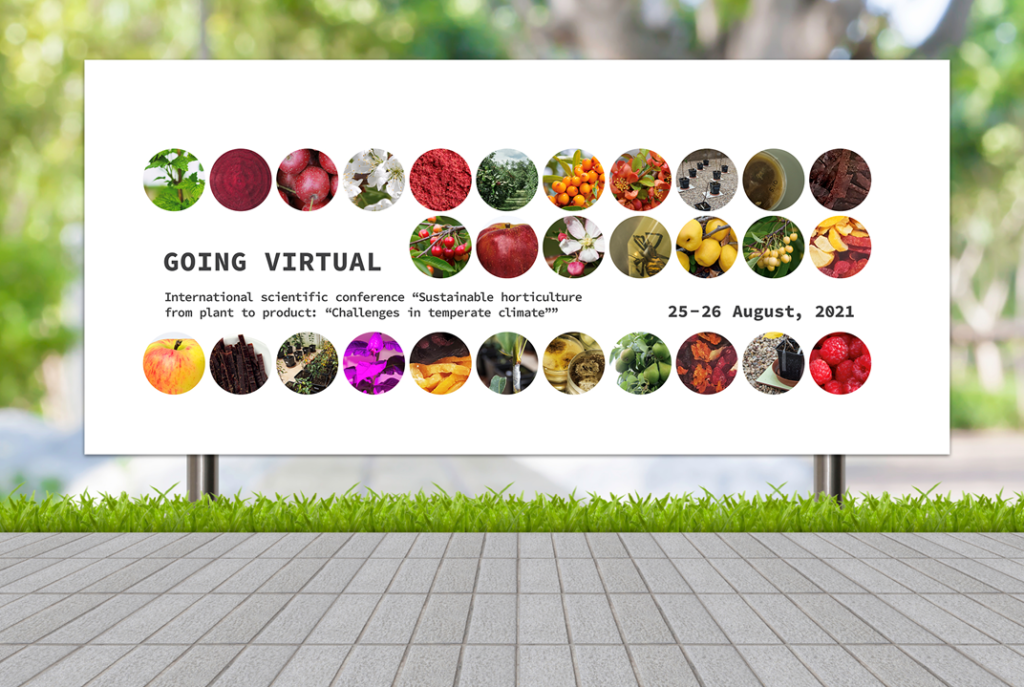
![]() International Scientific Conference - Sustainable horticulture from plant to product: Challenges in temperate climate
International Scientific Conference - Sustainable horticulture from plant to product: Challenges in temperate climate![]() August 25-26, 2021
August 25-26, 2021
![]() Online
Online![]() Info
Info
The Institute of Horticulture (LatHort) is organising the online international scientific conference “Sustainable horticulture from plant to product: Challenges in temperate climate”, that will take place from 25th to 26th of August 2021. The aim of the meeting is to bring together the latest advances in research on the climate change challenges and other issues in temperate horticulture and to provide an opportunity for exchange information and ideas and stimulate joint research and collaboration.
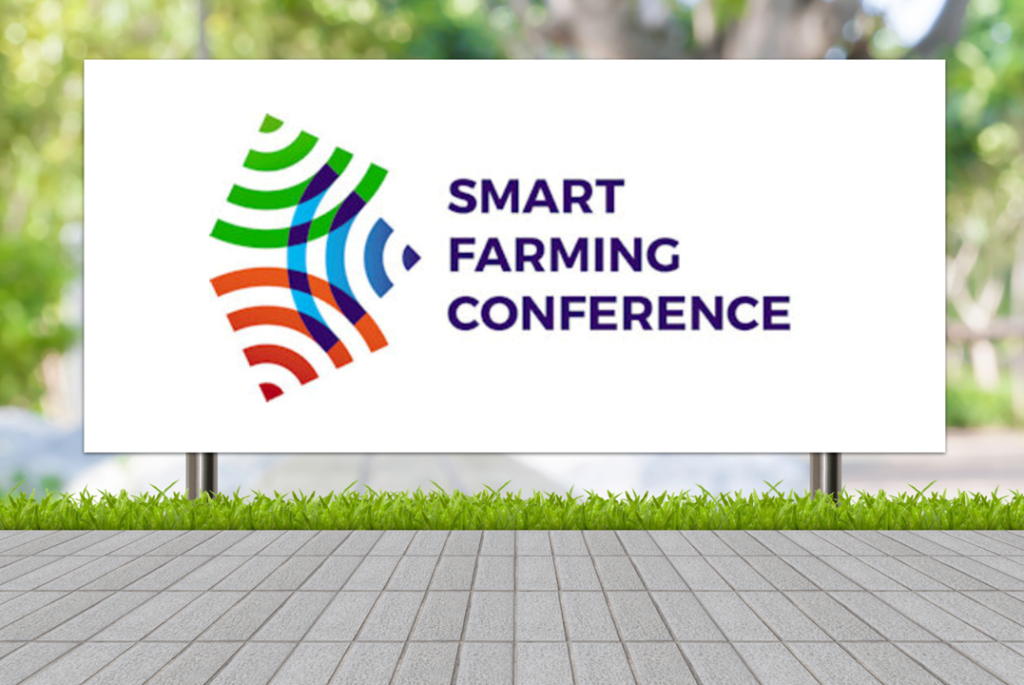
![]() Smart Farming Conference
Smart Farming Conference![]() October 1, 2021
October 1, 2021
![]() Online
Online![]() Info
Info
The Smart Farming Conference will focus on Available technologies for Farming 4.0 – drones, sensors, Internet of Things, Multi-spectral imaging, Robotics, Big Data, AI as well as Precision agriculture and Plant and crop science for improved resource-use. Investment in R&D and new business models will also be investigated. The Conference aims to bring together players from the Agricultural industry, Technology suppliers, System integrators, Governmental bodies, Project developers and Consulting Companies to unleash the next revolution in the history of farming: Smart Farming / Precision agriculture.

News to read
![]() New feature on the European Climate
New feature on the European Climate
and Health Observatory portal
The European Climate and Health Observatory has added a new feature on its website. A wide range of relevant publications, tools, websites and other resources related to climate change can be accessed.
![]() Project reframes the role of technology
Project reframes the role of technology
into climate adaptation
The “Climate-Smart Pilots” project, focuses on the applications of the Internet of Things and value change within the agricultural sector. It gives horticulture farmers the confidence to change their operations not just for an economic benefit, but also for the benefit of adapting to climate change.
![]() Leading companies’ partner up for real time weather information
Leading companies’ partner up for real time weather information
and land surface models
DTN, a data, analytics and technology company, and GroGuru, an industry leader in strategic irrigation management, have partnered to provide real-time, hyper-local weather information and land surface models to producers for improved decision-making around irrigation management.
![]() An application that tells the farmer
An application that tells the farmer
when to irrigate
A new APP Ploovium [image] can help farmers estimate parcel irrigation needs. This smart APP learns the hydric behaviour of every single field and provides information on irrigation needs 5 days in advance.

There is always more news to read in STARGATE’s Library here.
Stay updated
Do you want to stay updated with all the latest on the STARGATE project?
sign up today to our mailing list...
and don’t forget to follow us on social media...
PROJECT COORDINATOR: Professor Dimitrios Moshou
THE CENTRE FOR RESEARCH AND TECHNOLOGY-HELLAS (CERTH)
dmoshou@auth.gr, d.moshou@certh.gr





